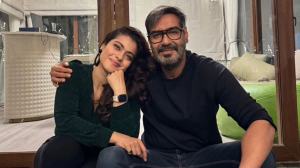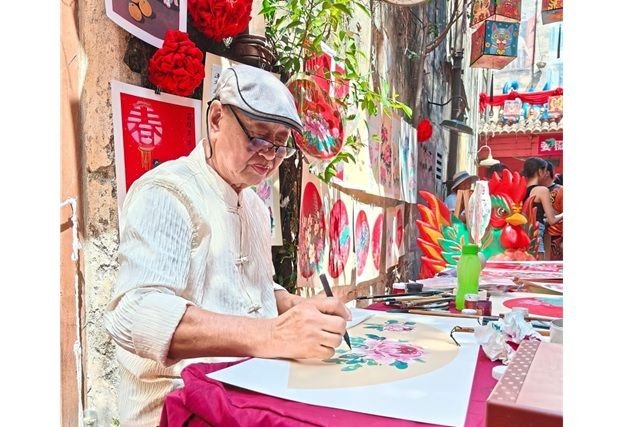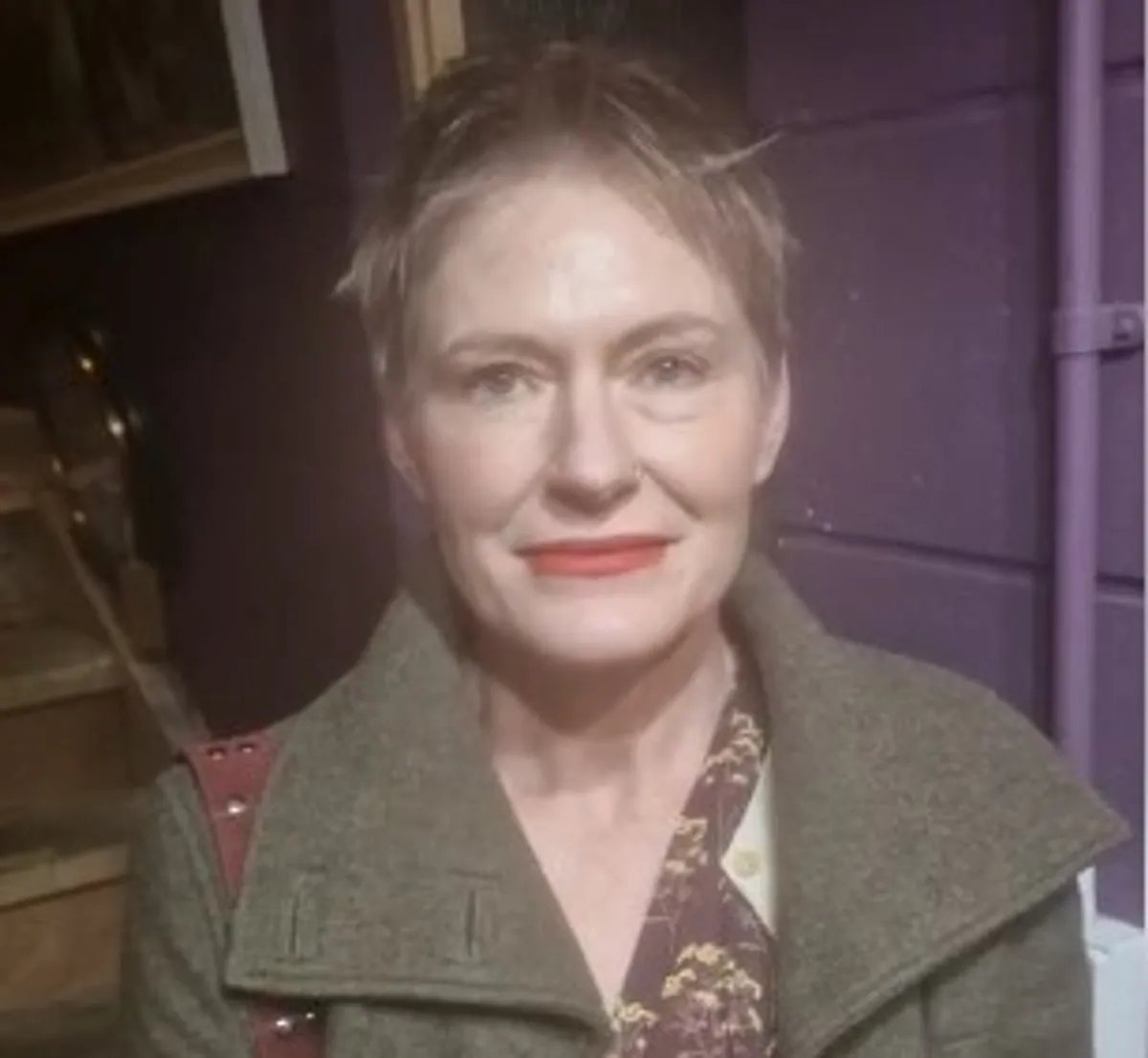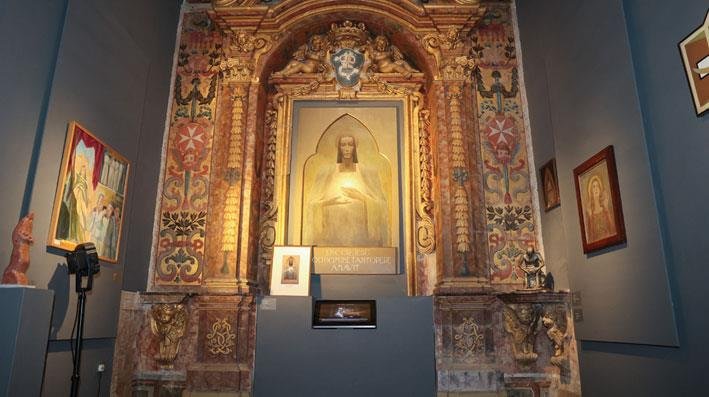Cafes and restaurants are suddenly buzzing with art. Guests—some skilled but mostly newbies—are taking up canvases, colours and brushes, getting their hands dirty and painting whatever they like. The idea is to de-stress and unwind, making friends on the side, reconnecting with themselves and doing an activity they wouldn’t normally do otherwise. These art workshops don’t require you to be a pro, and the aim isn’t as much to learn art as it is to express and explore.
In short, art is emerging out of serious studios and assuming relaxed spaces—cafes and restaurants—leading to what can be called the democratisation of art, a form that can be accessed by everyone, everywhere.

While such informal art workshops had already started in several places before the duo began last year, “We initially started conducting these at our own studios, but these have a serious element to them, making people quiet and serious, so we came up with this idea of ‘sip and paint’,” says Thakur, who adds that the idea was to “build a community where people can feel they can come to unwind by just picking up a paintbrush”.
The format is simple. People can arrive in groups, with friends or their partners, or on solo dates. The canvases are pre-drawn, with a small reference picture placed next to it. Participants can pick whatever art piece they like—figurative, abstract or landscape—move around and socialise, sit wherever they like and place their drink orders.
Unlike traditional classes, “people aren’t intimidated here. They’re just here to do something they wouldn’t normally do, not look at their phones for two hours, and just get to a space to reconnect with themselves,” she says.
While a sizeable 65-70% of participants are those between 25 and 45 years, “elderly couples also attend our workshops”, as per Thakur. “We also host many mother-daughter duos as I think people are now looking to go out and do something more than just to eat and shop. They are looking to spend time with their parents in a better way, and probably do something they did during childhood. And art might be one such activity that they stopped doing many years ago but can now do as it has become more accessible and doesn’t cost a bomb,” she says.
A safe haven
Delhi-based artist Tanvi Bansal agrees that the concept of unwinding and taking a break has expanded into people seeking a “productive” break, and an art workshop is the perfect place to be.
“You no longer want to just go out, munch and come back. Even with a friend, there is so much that you can talk about. Many come on dates, as partners often don’t share many common interests, and art is something they can explore together. People also come on solo dates and make amazing friends at the end, as it’s such a relaxed atmosphere,” says Bansal.
While the professional artist has been holding art workshops since 2022, she did a one-of-a-kind initiative in April with psychologist Niharika Gupta.
“In my practice, I come across a lot of young girls in colleges dealing with abuse. This sort of triggered me to do something that offers people a safe space to address their mental health
The workshop started with participants painting a rocky surface, “which, in a way, signified a bad experience, or an emotion they are not fond of”, says Bansal. This was followed by drawing the sky, whatever makes one happy—a clear blue one, the night sky, or even grey and cloudy. “Then we added water, as it is healing. Since, as humans, we are always a work in progress, we went back to the rocky surface, and I asked them to add climbers with flowers of their favourite colour and finish it up with a few birds. So it was like storytelling via art as an expression,” the artist explains.
In another activity, Gupta asked the participants to close their eyes and visualise a happy place, the people they feel safe with. “We gave them coloured sheets and pens and asked them to either draw or write and put that in a jar. We call this the happy jar, something they can place on their bedside or work desk and look at them and feel happy and safe. This was one activity we did to help the participants understand their coping techniques,” the psychologist shares.
Gupta points out that “often, clients aren’t able to express, and art offers them an outlet for whatever they are experiencing—the mental blocks, tough emotions. They are also able to understand their challenges and are not in that space where they’re overwhelmed. Art is a great way to emote”.
For this workshop, “the participants were mostly adults, those over 24 years. However, in my other classes, where I keep it light, age is no bar. The youngest participant I’ve ever got was a four-year-old,” Bansal.
Bouncing back
“The workshops I enjoy conducting the most are the ones I do with kids,” says Jaipur-based Astha Chaturvedi. “While adults, too, enjoy my fluid art workshops, kids just take it all in and don’t judge the process. The amazement on their faces, as the art takes shape, is matchless,” she adds.
For other artists, the workshops are a way to get out of their studios, connect with people, and create a space where they can relax; but for Chaturvedi, it’s more than that.
Having done an MBA and running a jewellery business with her father, life
Encouraged by her mother during the Covid pandemic, she turned towards art. “I am self-taught. I learned fluid art watching YouTube videos,” she says.
She got the first chance to conduct a workshop in 2021 on Children’s Day. “It was my best workshop. Although it ended at 7 pm, the kids kept on painting way past that. It was even covered in the local press,” she gloats. And then, there was no looking back. Since then, she has expanded to teach adults too. “I’ve held so many workshops since then. Then I was introduced to resin art and started holding workshops, for adults, for that as well,” she says.
Through this, her son has been a constant, accompanying her to every workshop, learning the skill on the side, and nudging her to post more online. “Art has made me really strong,” adds Chaturvedi.










